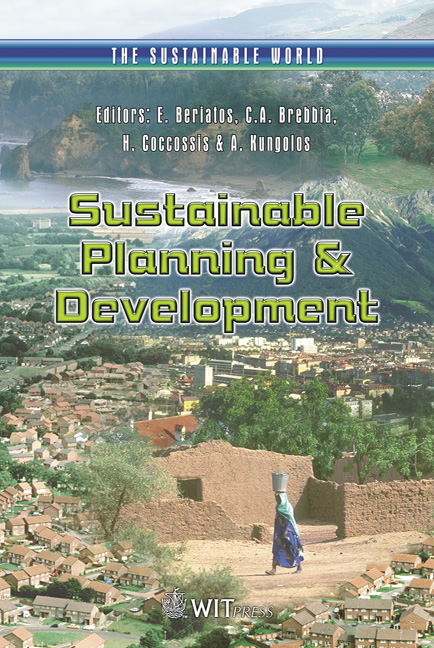The Impact Of Car-free Housing Districts On Mobility Behaviour - Case Study
Price
Free (open access)
Transaction
Volume
67
Pages
10
Published
2003
Size
666.12 kb
Paper DOI
10.2495/SPD030661
Copyright
WIT Press
Author(s)
C. Nobis
Abstract
The impact of car-free housing districts on mobility behaviour - case study C. Nobis German Aerospace Centre (DLR), Institute of Transport Research, Germany Abstract The model district Freiburg-Vauban is one of the first low-car housing projects in Germany. Within the project "Optimisation of the Traffic Concept of the District Freiburg-Vauban during Implementation" sponsored by the German Federal Foundation for Environment, an evaluation of the traffic concept was carried out.' The results show the influence of car-ownership on the mobility behaviour of people and the changes of mobility behaviour that took place after the residents relinquished use of their cars. This paper reports on the traffic concept implemented in the district as well as the positive effects for the district that could be reached by reducing the number of cars. 1 Introduction The enormous increase in motorization in the last decades coupled with the still ongoing growth of passenger volume and the proportion of motoris
Keywords





